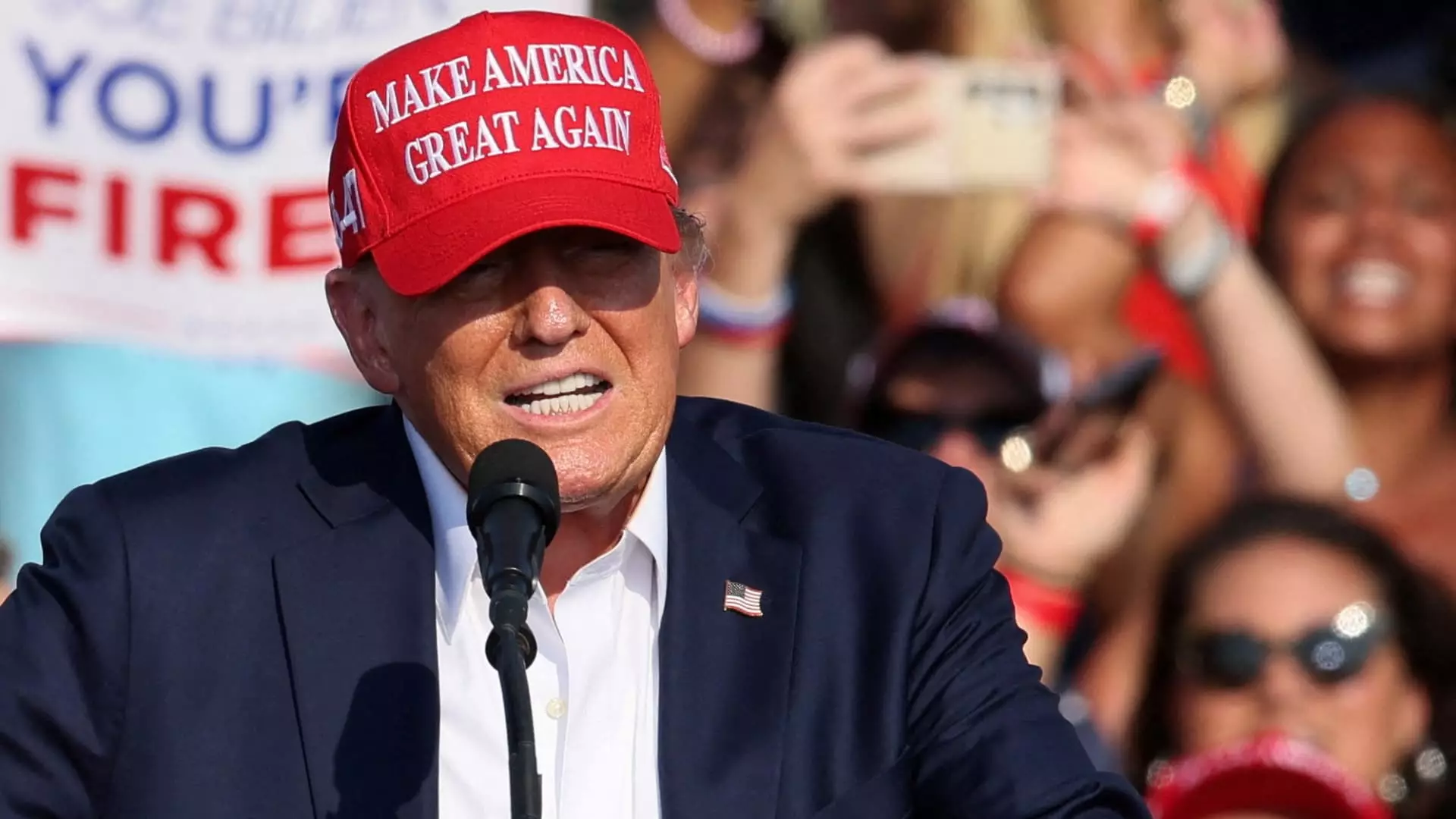Former U.S. President Donald Trump recently made headlines with his comments on Taiwan and defense costs. In an interview with Bloomberg Businessweek, Trump stated that he believes Taiwan should pay the U.S. for defense, arguing that the country “doesn’t give us anything.” This controversial statement has sparked discussions about the relationship between the U.S., Taiwan, and China.
During the interview, Trump compared the U.S.’s relationship with Taiwan to that of an insurance company. He emphasized that Taiwan does not provide any benefits to the U.S., leading to his belief that they should be financially responsible for their defense. This viewpoint has raised questions about the nature of alliances and international security arrangements in the modern world.
Trump also linked his remarks to Taiwan’s semiconductor industry, which plays a significant role in the global market. He highlighted Taiwan’s dominance in chip manufacturing and pointed out that the U.S. has lost a significant portion of its market share to Taiwanese companies like Taiwan Semiconductor Manufacturing Co. (TSMC). This shift in the semiconductor landscape has implications for both economic and national security considerations.
The issue of Taiwan’s defense has been a topic of concern for various stakeholders, especially in light of China’s claims over the island. The potential for a Chinese attack on Taiwan raises questions about the adequacy of current defense arrangements and the ability to protect critical industries like semiconductor manufacturing. Trump’s comments have reignited debates about the best approach to ensure Taiwan’s security and sovereignty.
In response to the challenges posed by Taiwan’s dominance in the semiconductor industry, the Biden administration has sought to incentivize companies like TSMC and Samsung to expand their production facilities in the U.S. This strategy aims to reduce reliance on foreign suppliers and strengthen domestic capabilities in key technology sectors. By reshaping the semiconductor market, the U.S. hopes to enhance its economic competitiveness and safeguard its national interests.
Trump’s remarks on Taiwan’s defense payments and the semiconductor industry have raised important questions about international security, economic competitiveness, and strategic partnerships. As the U.S. and its allies navigate evolving geopolitical dynamics, it is crucial to reevaluate existing policies and explore new approaches to address emerging challenges in an interconnected world.


Leave a Reply